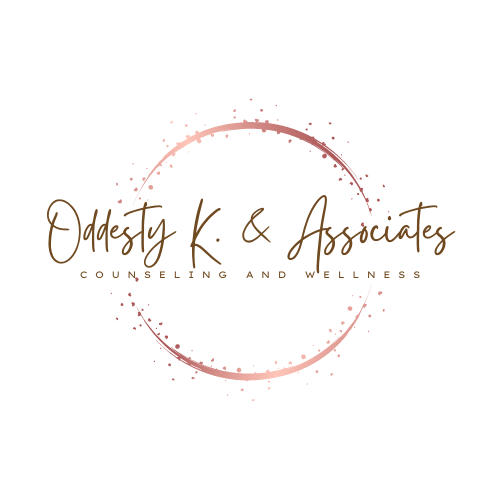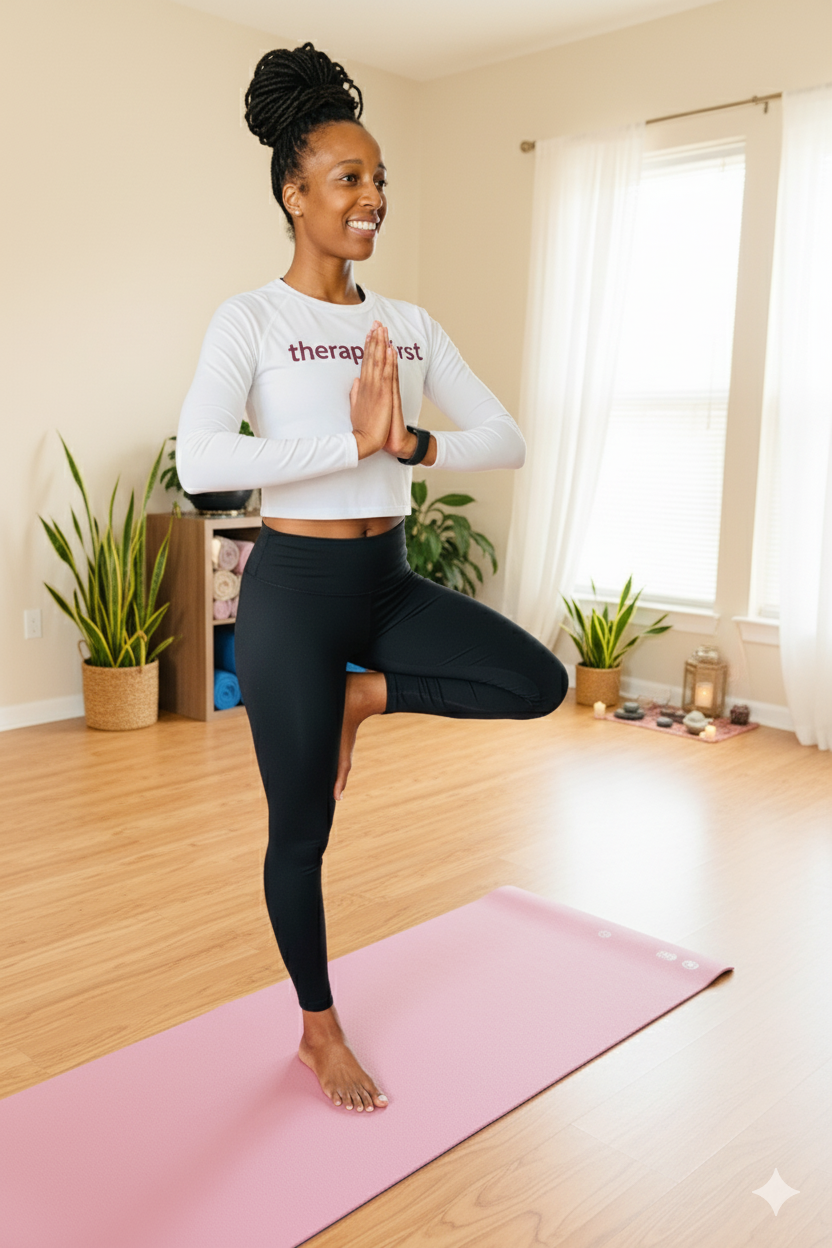
Our team is ready to help you carry out the vision for your next event, training or wellness experience.
Keynotes. Trainings. Wellness Experiences.
Email us at info@okaawellness.com and we will be happy to reach out to you to discuss your organization or group’s needs for a Keynote speaker related to mental health, parenting, stress management, anxiety management, women’s empowerment, wellness, social emotional learning, self-care or entrepreneurship.
We are able to facilitate key notes and trainings on the following topics:
Destigmatizing Mental Illness: Changing the Conversation
Church Hurt: (Navigating Big Faith In A Cruel World, How To Heal From Those Who Were Supposed To Love You)
Healing From Childhood Trauma
Mental Health in the Workplace: Building a Culture of Psychological Safety
The Impact of Social Media on Mental Health
Understanding Trauma-Informed Care: From Theory to Practice (can cater to specific organizations such as how to provide trauma-informed care in educational settings)
Post-Traumatic Growth: Finding Strength After Crisis
Vicarious Trauma and Burnout in Helping Professions
Creating Safe Spaces: Trauma-Informed Approaches in Education, Justice & Healthcare
Culturally Competent Mental Health Care
Mental Health and Adolescents: Early Intervention Strategies
Building Resilience in Children and Teens
The Role of Parents in Supporting Mental Health at Home
Bullying, Identity, and Belonging: Mental Wellness in School Systems
The Effects of Childhood Trauma on Adult Mental Health
"Big Feelings Are Okay" – Helping kids name and understand emotions.
"You’re Not Alone: Talking About Feelings" – Normalizing conversations about mental health.
"What to Do When You Feel Worried or Mad" – Simple coping tools for stress or anger.
"Being a Good Friend" – Empathy, kindness, and emotional support.
"My Brain and My Body Work Together" – Intro to mind-body connection through movement and breath.
"You Are More Than Your Mistakes" – Growth mindset and self-compassion.
"Screens and Self-Esteem: Finding Balance With Social Media" – Encouraging mindful technology use and digital boundaries.
"Be Your Own Safe Place" – Encouraging personal coping skills, boundaries, and emotional safety.
Trauma Informed Yoga
Oddesty K is a certified yoga instructor (RYT 200) practicing and teaching trauma informed yoga practices that are inclusive and life enhancing. Oddesty is now booking organizational yoga and wellness retreats for fall 2025.
Trauma-informed yoga is a therapeutic approach to yoga that prioritizes creating a safe, supportive, and empowering environment for individuals who have experienced trauma. Unlike traditional yoga, which may emphasize physical achievement or complex poses, trauma-informed yoga focuses on:
Key Principles:
Safety – Physical, emotional, and psychological safety is the top priority. This includes offering choice in movement, avoiding hands-on adjustments, and creating a calm, non-triggering environment.
Empowerment and Choice – Students are encouraged to make choices about what feels right for their bodies, promoting a sense of control often disrupted by trauma.
Awareness of Triggers – Instructors are trained to avoid potentially triggering language, poses, or practices. This includes being mindful of lighting, tone of voice, and even the layout of the room.
Interoception – Emphasis is placed on tuning into internal sensations and the present moment to build body awareness and self-regulation.
No Physical Assists – Consent is emphasized, and physical touch is generally avoided unless clearly consented to and appropriate.
Inclusivity and Accessibility – Classes are often adapted to be accessible to all body types, abilities, and trauma histories.
Who Can Benefit:
Survivors of physical, emotional, or sexual abuse
Individuals with PTSD or complex trauma
People recovering from addiction
Veterans or others with combat-related trauma
Children, Adolescence and Adults needing a positive outlet and space to create calm
Individuals dealing with Anxiety, Depression or other mental health concerns
The goal is not fitness but healing—supporting nervous system regulation, emotional resilience, and a restored sense of agency.


